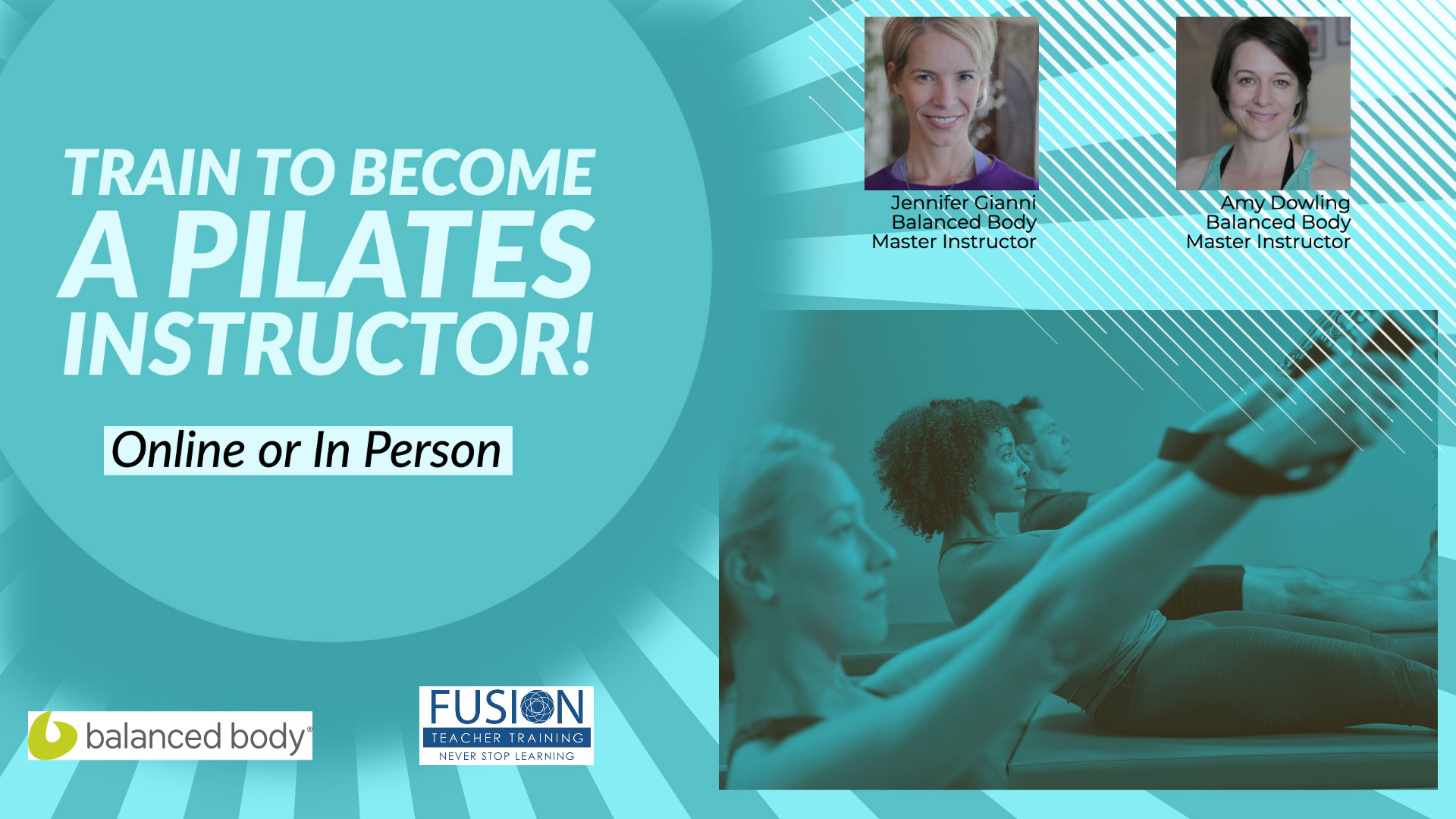Why do you need to carry professional liability insurance? One big reason is that no studio is going to let you teach in its facility without it. And that’s reason enough. But more importantly, you should have the proper insurance to protect yourself.
Any studio should have a liability waiver that they have each and every client sign before taking a session. (If the studio you’re working at doesn’t, that’s a problem!) But if an accident does happen, these liability waivers only go so far. You need to protect yourself.
We’ve owned Pilates studios since 1999, and in the many many years we have been operating, we have never once had to call our liability insurance company to open a claim. (I’m knocking furiously on wood as I type this.) But it’s just like health insurance. While we all hope nothing bad ever happens, you have to prepare and protect yourself based on the very slim chance that something does happen.
A lawsuit could be the end of your career and could cause years and years of financial problems. Please understand that if an accident happens and a client is injured, it’s not only the studio that is responsible: you can (and will) be held personally liable and your personal financial assets could be placed at risk unless you protect yourself properly.
Most Pilates instructors work as independent contractors, but even if you are an employee at a studio, it is still prudent to have your own professional liability coverage. Plus, it’s easy and fairly cheap. So there’s no reason not to set this up for yourself.
Plenty of insurance providers are out there; here are just a few.
Philadelphia through IDEA http://www.ideafit.com/
Philadelphia https://www.phly.com
Sport Fitness http://www.sportsfitness.com/
Sadler Sports http://www.sadlersports.com/
Lockton through PMA http://www.pilatesmethodalliance.org
Lockton Direct http://npginc.com/
You should do your own research in choosing your insurance coverage. I am in no way endorsing or suggesting that you use any of these companies.
Also, this is a very wispy area and I highly recommend that you do your own homework. But it is my understanding that you must hold a Pilates certification to be completely safe in your coverage. In the strict sense, the certificate of completion you received from your Pilates program is not a certification at all. You must become certified by a third party, independent, objective organization. And that is partly why the PMA was created. You can get insurance without being certified by the PMA, but if you were ever sued, a good lawyer could use the fact that you are not certified, in the strict legal sense, against you. I’ll talk about the PMA in another post, but becoming certified by that organization is something every Pilates instructor should look into.
I hope this information was helpful!
~ by Angelo
Thoughts? Leave them below!




Leave A Reply (No comments So Far)
Please - comments only. All Pilates questions should be asked in the Forum. All support questions should be asked at Support.
You must be logged in to post a comment.
No comments yet.